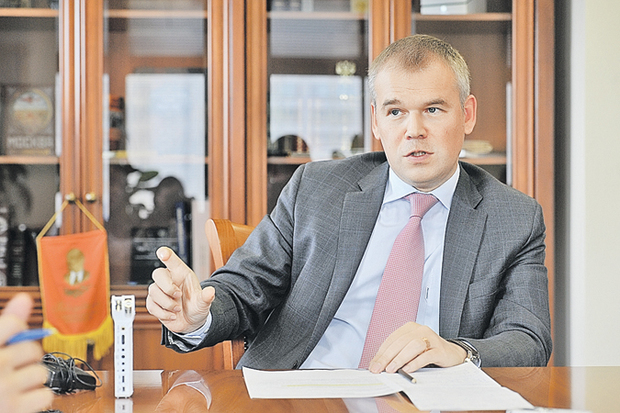Central Bank to dispose of ''Potyomkin'' banks by 2019
In 2016, the regulator revoked around 100 banking licenсes, many of banks were shut down because of committing fraud or other crimes. Still, the Central Bank hasn't finished the purge: the bank's deputy governor Vasily Pozdyshev considers that it will take at least two more years.
Russia would end up with around 400 banks in 2019, considers Reuters taking into account the Central Bank's current pace. Over the past several years, the number of banks in Russia has already reduced from 900 to around 570 due to the purge of banking licences held by the regulator. The latest case involved Tatarstan's Tatfondbank, Intekhbank and Ankor bank. It was announced that the decision was caused by the banks' poor asset quality and high risk.
However, criminal activity is a more common reason of licence revocation. According to Vasily Pozdyshev many of the closed banks were guilty of giving out loans to fake companies or stealing depositors' money. Others were involved in shadow economic activity. ''Our work to clean up the banking system is sometimes much more like the work of a financial investigator, an investigator of financial crimes, than the work of a modern banking regulator, which checks whether a bank is sufficiently capitalized or not,'' he told Reuters.
Pozdyshev said that there is a whole business of creating fictitious borrowers, which is usually managed by IT programs and servers located outside the bank. Many banks are ''Potyomkin enterprises'', he stated. The banker estimated that his team of around 2,000 people would need to extend the review of bank licences until 2019 to finish the crackdown. The regulator's supervisory department conducts around 400 bank checks a year. The purge benefits Russia's key lenders, such as Sberbank and VTB, as they obtain new clients who are afraid to entrust their savings to smaller banks. More than a third of Russia's banking deposits are now kept in Sberbank.

Last year, roughly 100 banks lost their licences, and the central bank had to spend around 600bn rubles to compensate the losses. The investigators uncovered such criminal schemes as lending to companies with no real business, fictitious loans to individuals and fraud involving tradable securities.
Russia needs mechanisms to stop unscrupulous bankers from fleeing the country, claimed Pozdyshev. ''Banks often have influential backers, and this makes everything much more difficult. But we have launched this policy and we need to carry it to its conclusion. If we stop, then the banking system will immediately slip back, into the shadows.''
This is not the first attempt to clean up Russia's banking sector. The previous one faded after Andrei Kozlov, a central banker leading a campaign against money laundering and corruption, was shot dead in Moscow in 2006.